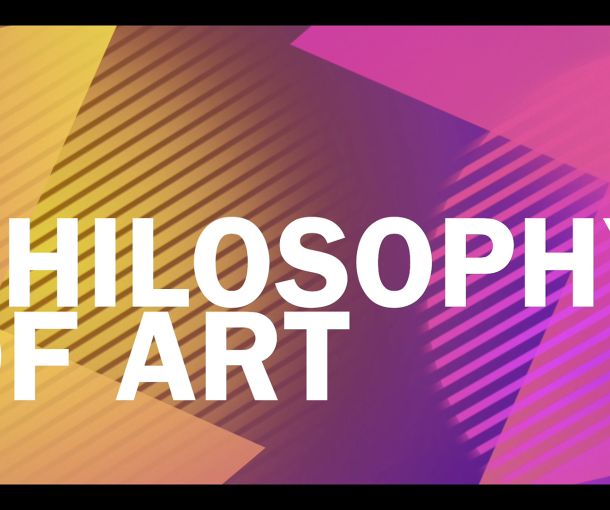The Soul and Heraclitus

Embrace change wholeheartedly, and accept contradiction. Knowing these words–and understanding them–are two entirely different things.
Heraclitus preceded Parmenides, living from 535—475 BCE, and like Parmenides, none of his writing have survived in their complete form. Heraclitus’s philosophy on the surface is in direct contrast with Parmenides by positing a natural argument (I say “on the surface” as their ultimate conclusions, Parmenides’ “All Is One” and Heraclitus’ “World-Fire”, seem to be saying the same thing, but the two taking two drastically different approaches to arrive at the same place).
Heraclitus’s thesis poses that the logos (creation of the world / kosmos) is in a constant state of becoming and that the unity of opposites is a necessary condition of existence. This constant change, strife, agon, and flux demonstrates the interconnection between contraries and thus is a complete understanding of the universe, or the way the world works. It is an empirical account of explaining the underlying coherence between things and how “essence” and matter are never lost, but rather are continuing to change from one form to another—the “everliving fire” that is the world. Birth leads to life, then death, then decay—that decay manifesting itself into new life and so on.
According to Heraclitus, the soul is relatable to, and composed of, cosmic world-fire. When one is young or awake, the soul is active and fiery. As it grows old, or tired throughout the day, the more it is consumed by moisture and dwindles until it is extinguished (sleep and death). Just as day and night is a daily cycle between a fiery and dwindling soul, so is the overall life cycle from birth to death. As you wake from sleeping with a rejuvenated fiery soul, your soul will awaken again after death in a new rejuvenated manifestation of the cosmic world-fire.
A virtuous soul, or a true understanding of Heraclitus’s world-fire logos, is to embrace constant change and to accept all things that appear contrary for everything is subject to becoming (strife, flux) and is inescapable from it. True acceptance of this philosophy relinquishes fear of uncertainty for one knows they will continue in natural accordance with the world-fire. Death is as natural as sleep, and just as one awakes from sleep, the soul will join the world-fire and become part of whatever the world-fire is to create next.
In an effort to keep the soul as pure and as fiery as possible, Heraclitus recommends against “excessively dampening” the soul by partaking in hedonistic folly. Noble pursuits such as ethics, self-knowledge, common sense, and moderation preserves one’s fieriness.













